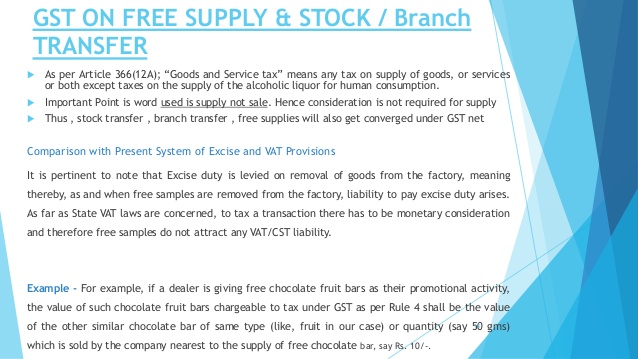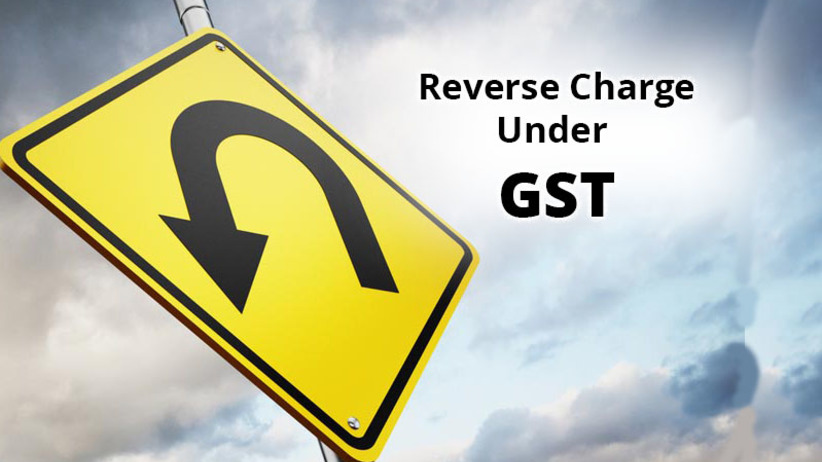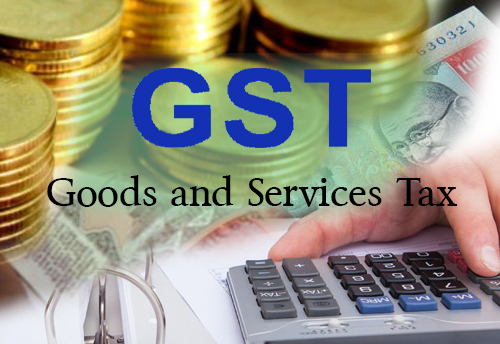Core view of GST and its (good/bad) effects on you

How would GST effect you?
What is a GST?
As the name suggests GST (Goods and Services Tax) will be implemented on the goods and services, from the manufacturing end to the receiving end. After the implementation of GST, many Government and State taxes will be eliminated. GST will be effectively in the next fiscal year, 1 April 2017. The idea of GST originated back in 2000 by the Atal Bihari Vajpayee government.
Changes that GST may bring along
The biggest change that GST will bring along is the level of transparency and a clear end to multiple taxations. This bill will act as a messiah for the manufacturer and factory owner as it will divide the burden of tax on their end.

Why was the present and the past government so eager for GST to be passed?
After a lot of discussions, oppositions and a delay of almost 16 years finally, the historic GST will be implemented in next fiscal year. Government (present and past) was always highly supportive towards the bill as it is expected to bring approximately $15 Billion by the end of the year. Both Congress and BJP had a clear vision that this bill will remove the tax corruption from the root. It will divide the burden of taxes in between manufacturing and services.
States which have positively ratified GST
Assam was the first state ratify the historic GST on 12 August 2016 followed by Bihar, Jharkhand, Himachal Pradesh, Chattishgarh. Other states like Gujrat, Madhya Pradesh, Delhi, Nagaland, Maharastra, Haryana, Telangana, Sikkim, Mizoram, Goa and Odisha.
Why haven’t many states nodded to the Bill?
The GST will raise the level of autonomy which may lead to huge revenue loss for the states. Once the dual bill is implemented, the states of India won’t be provided with any compensation, petrol tax or entry tax. Main opposition was from the bulk production state— Maharashtra, Gujrat and Tamil Nadu. But opposition by Maharashtra and Gujrat was diluted by Centre as they have BJP rule.
The state government of Tamil Nadu opposed due to following reasons:
• States will be provided with 100% compensation for first three years followed by 75% and 50% for the fourth and fifth year.
• The states fear that they will have to share the profits from business too.
• According to the suggestion made by the states, they want both the petrol tax and entry tax to be part of the GST.
• According to the GST’s council decision state won’t get the decision making and voting right.
What changes did centre make for the betterment of state?
States were entirely opposite the quoted compensation statement in the previous dual GST which stated “full 100% compensation for first three years followed by 75% & 50% compensation for the fourth and fifth year. Later after opposition and discussion centre agreed to provide 100% compensation for the first five years to the state.
Basics of GST methodology
The GST is an indirect tax that will be implemented to the entire nation replacing all other indirect taxes like service tax, sales tax, VAT, excise duty, purchase tax etc. The GST to be implemented by India will be a dual GST which means CGST (Central Goods and Services Tax) levied by Centre and SGST (State Goods and Services Tax) levied by the state.
Also the IGST (Integrated Goods and Services Tax) on a whole.
It is further divided into Interstate and Intrastate.
1. Interstate Transactions: Seller will collect this tax from the buyer in the for of CGST+SGST. This dual tax will be further paid to Centre and the state respectively.
2. Intrastate Transaction: This is a different format and works on the destination principle. Which means that this tax will be transferred to the importing state. This tax will also be imposed on the supply of goods.
What changes will the historic GST bring along?
The dual GST is subjected to bring various changes which are expected to bring bright future for the common man. Following are some changes-
Real estate- The level of transparency will be promoted.
Travel, tourism and hospitality- The multiple tax system will be replaced with a single tax.
Financial services- The financial services will get costlier from 14.5% to 18-20%.
Furnishing and home decor: Presently this sector has 20% taxation which will be curbed under the bill.
Entertainment: The present taxes include VAT, service tax, entertainment tax etc. which ranges from 22-24%. Post GST the ticket prices are going to reduce.
Petroleum and equivalent products: As petroleum and its products are a major source of tax revenue the prices are supposed to go high.
Basic necessities: The day-to-day life products will see no change as they get special treatment under any law. In order to maintain the reputation government will either reduce the prices or bring no change under the bill.
Which are the winner and loser sector post-GST?
Sectors which will benefit from the bill—
Auto: If you were planning to buy a two wheeler or a four wheeler including SUV then wait till it is implemented. Car batteries are also subjected to a price cut.
Paint cement and equivalent products will see a price fall.
Household electronic items like- fan, air cooler, switches, bulb etc may get cheaper.
Sectors which will get expensive like never before—
Mobile call prices are likely to get expensive as service tax will hit the north.
Textile products and jewellery will also make a hole in common man’s pocket.
Cigarette and similar products will get expensive because the duties on tobacco will go higher than the past.
The substantive purpose of implementing GST is to bring the entire nation under one tax which will eventually reduce the tax corruption. There will be cost raise in some sector and eventually the common man will have to bear it at his own expense. But with the level of transparency, it will bring along common man will be on the winner side.


 Sales Tax For E-Commerce: 3 Things Small Businesses Should Know
Sales Tax For E-Commerce: 3 Things Small Businesses Should Know  What Is The GST Liability on Free Supply of Goods and Services?
What Is The GST Liability on Free Supply of Goods and Services?  Some FAQs about GST- Understanding Scope and Provisions of GST
Some FAQs about GST- Understanding Scope and Provisions of GST  Understanding the Reverse Charge mechanism under GST and IGST?
Understanding the Reverse Charge mechanism under GST and IGST?  Pros and Cons of GST- Is Ushering in of GST worth Celebrating as media wants us to believe?
Pros and Cons of GST- Is Ushering in of GST worth Celebrating as media wants us to believe?  Arrests and Detention Provisions under GST in Detail- Are these justified
Arrests and Detention Provisions under GST in Detail- Are these justified  ITAT Amritsar: No Section 269SS Violation for One-Time Cash Payment Before Sub-Registrar
ITAT Amritsar: No Section 269SS Violation for One-Time Cash Payment Before Sub-Registrar  Tax Officials Unleash Digital Dragnet: How New Raid Powers Redefine Privacy, Property Rights in India and likely to Fuel Corruption
Tax Officials Unleash Digital Dragnet: How New Raid Powers Redefine Privacy, Property Rights in India and likely to Fuel Corruption  Income Tax Department Rewards for Reporting Tax Evasion: A Comprehensive Guide
Income Tax Department Rewards for Reporting Tax Evasion: A Comprehensive Guide  Forfeiture of Gratuity by Employer- What are the Remedies for an employee- Can employer be challenged?
Forfeiture of Gratuity by Employer- What are the Remedies for an employee- Can employer be challenged?